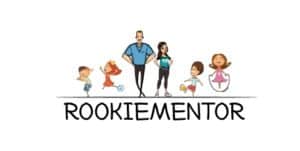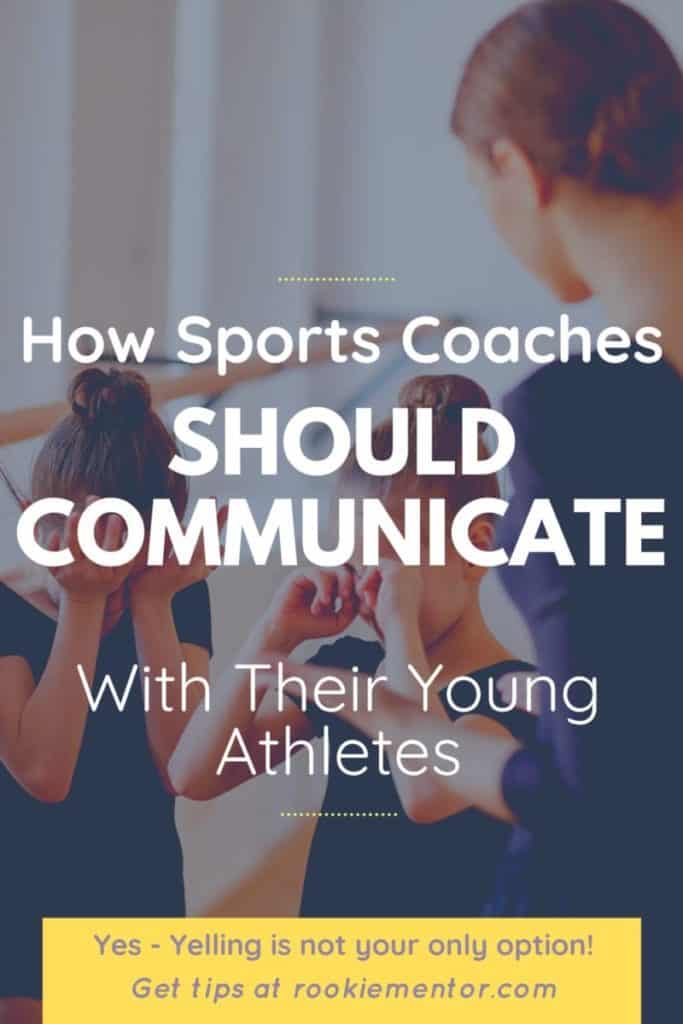When you are the coach of a young team of athletes, one of the most important tools you have is the ability to communicate effectively. Dealing with young athletes can be a tricky task. New coaches may need to do some reading first regarding how to effectively communicate with young athletes.
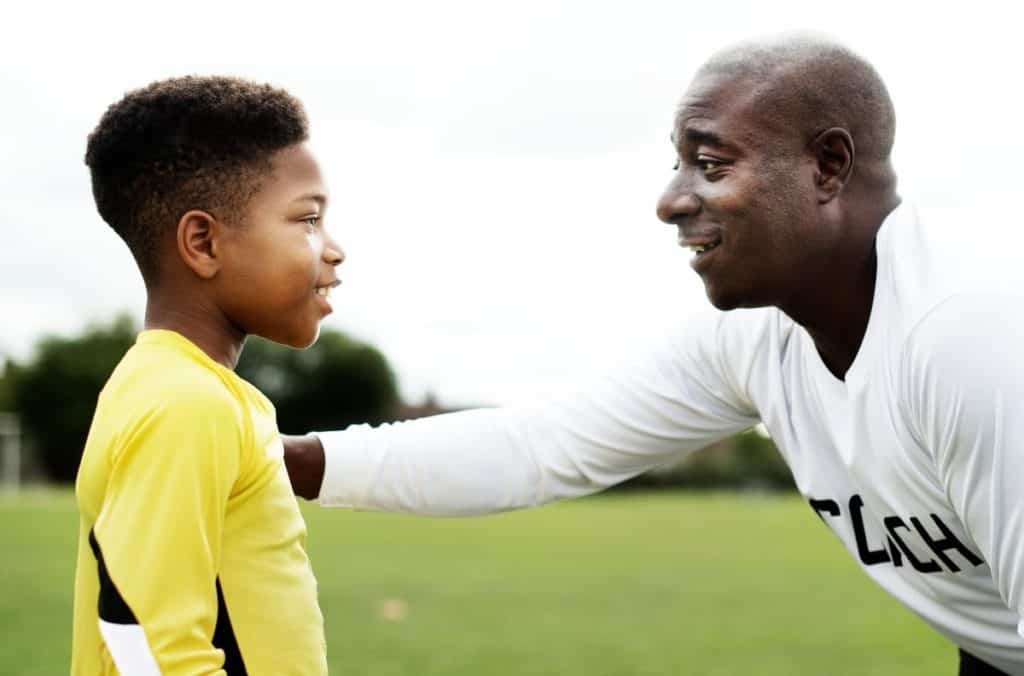
The Best Way Coaches Should Communicate With Athletes: There are three communication categories to remember when working with young athletes: verbal, non-verbal, and listening. Many young coaches limit themselves to verbal interactions with young athletes, but in order to maximize your effect on a young athlete, you need to master all three of these categories.
Communication is an extremely complex tool for a coach. It is also the most powerful tool, so we are going to take a deep dive into how to be an effective communicator. You will want to pay close attention to each section of this post.
Verbal Communication
Words have a deep impact on our relationships. For young people, this statement might even be a little bit truer than it is for adults. Young athletes are vulnerable. They look up to their coaches and want to please them more than anything.
As you are communicating with young athletes, it is easy to forget that communication is not one-sided. Understanding that what you say is as important as how the young athlete receives it is key to becoming an effective communicator.
Understand Your Tone
Coaches have a natural tendency to be harsh. They want to quickly get through to young athletes and make a lasting impression. This is especially true during practices where corrections are being made.
It is important to remember that a harsh tone is not the only effective tone in communicating urgent messages. A nurturing tone, a serious tone, an enthusiastic tone can all be equally effective in getting an important message through to young athletes.
However, young athletes need their coaches to keep an even keeled tone when possible. Avoiding annoyed, aggravated, and upset tones can improve the morale of your young athletes tremendously. Sometimes, these tones are unintentional, but they can be controlled. Simply being more aware of your tone can help to curb the unintended effects of using a harsh tone with young athletes.
Related: Why Do Coaches Yell? Does It Really Help Motivate Athletes?
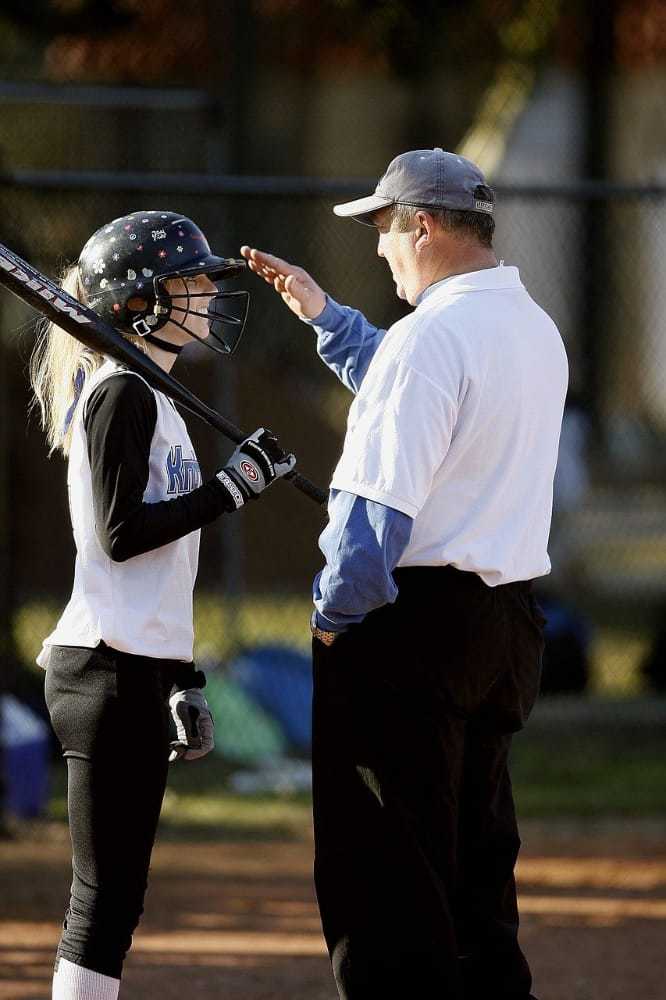
Prepare for Practice or Difficult Conversations
As a coach, there will be plenty of opportunities to have difficult conversations with young athletes. Whether this is in the locker room after an unexpected loss or in the hallway when one of your athletes has made poor choices at school. These difficult conversations will most likely have a lasting effect on your athletes and you want these conversations to affect them positively, not negatively.
Sometimes these conversations will come out of the blue, and there is no time to prepare. In those situations, it will be more difficult to remain positive. Try to keep in mind how influential your words are on these kids.
In other situations, you may know that a tough conversation is coming. For teachers, you may have gotten an email about a students’ behavior in class, or youth coaches may have noticed that morale is low in practice.
You want to choose your words wisely so that they have a larger effect on the kids.
In these situations, it may be a good idea to practice what you are going to say, before opening your mouth. This will give you more control over how the conversation is received by the kids.
Related: Building Confidence in Female Athletes: Keys To Coaching Girls
Be Equally Critical and Positive
This last point is directed toward practices, performances, and games.
Young athletes are still learning. They are still developing the skills needed to succeed at their sport. This is important to remember as a coach during practice and games or performances.
As coaches, there can be a tendency to be overly negative. This is because coaches understand the potential in an athlete. They know when the kid is not reaching that full potential. The widely accepted notion is that athletes will respond to negative, harsh comments about their performance.
However, some young kids respond equally well when they are given positive comments as they do when given negative ones.
It is important for them to internalize what they are doing well in their sport as well as what they are struggling with. For every correction you give to a young athlete, try to give them a positive comment as well.
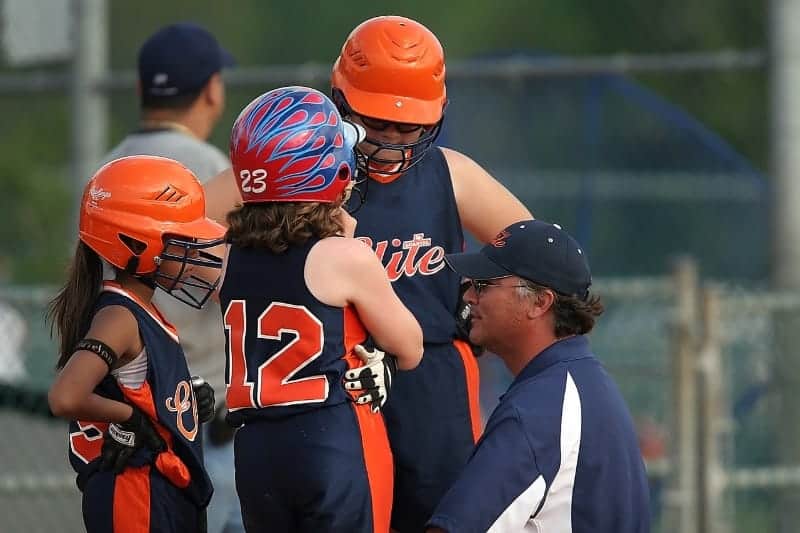
Non-Verbal Communication
Just like with verbal communication, non-verbal communication is a two-way street. It is important for coaches to pay attention to their own non-verbal cues as well as to the cues of the kids with whom they are speaking.
Non-verbal communication is not any less important than verbal communication. This is not something that people talk about, but non-verbal cues make a huge difference in the way people receive what is being said to them.
Eye Contact
This one may seem like a no-brainer, but young athletes need their coach to look them in the eye when they are speaking to them. Not only does this show young athletes that they are important when a coach speaks to them, but it teaches them an important communication skill as well.
Eye contact is important in one-on-one conversations as well as in conversations you may be having with a whole group. Be sure to frequently look up and make eye contact with young athletes when you speak to them as a whole group.

Talk with Your Hands
Using your hands to communicate with others is natural for some people, and for others, they have to stop and think about what their hands may be saying.
For example, if your arms are crossed you may be giving off an unhappy vibe (even if you do not mean to).
Understanding that kids read and respond to these non-verbal cues without even knowing they are doing it is crucial to improving your communication skills with athletes.
Ask Questions about Non-Verbal Cues
As mentioned earlier, communication is not one-sided. So, paying attention to your athlete’s non-verbal cues can be an important step in making sure the child is paying attention and receiving what you are saying to them.
Just like your non-verbal cues send messages to your athletes that you may not mean to send, their non-verbal cues can give you insight into their thinking.
Asking questions about a young athlete’s non-verbal cues is a direct method for determining what they are thinking.
Frequently, young athletes will avoid eye contact, cross arms, or even roll their eyes. Asking them questions can help clarify exactly what it is that they are communicating with their non-verbal cues.
Further, these conversations teach them that they are communicating even when they are not speaking. That is an important life-lesson that they each need to learn.
Related: Coaches Guide to Managing Disrespectful Youth Athletes
Smile More Often
Lastly, your facial expressions are a large part of your non-verbal communication and this one is an easy one to pay attention to.
A smile is an easy method to ease the concern over non-verbal communication. Simply smiling more often can ease anxieties in a young athlete when they are worried that they are displeasing you.
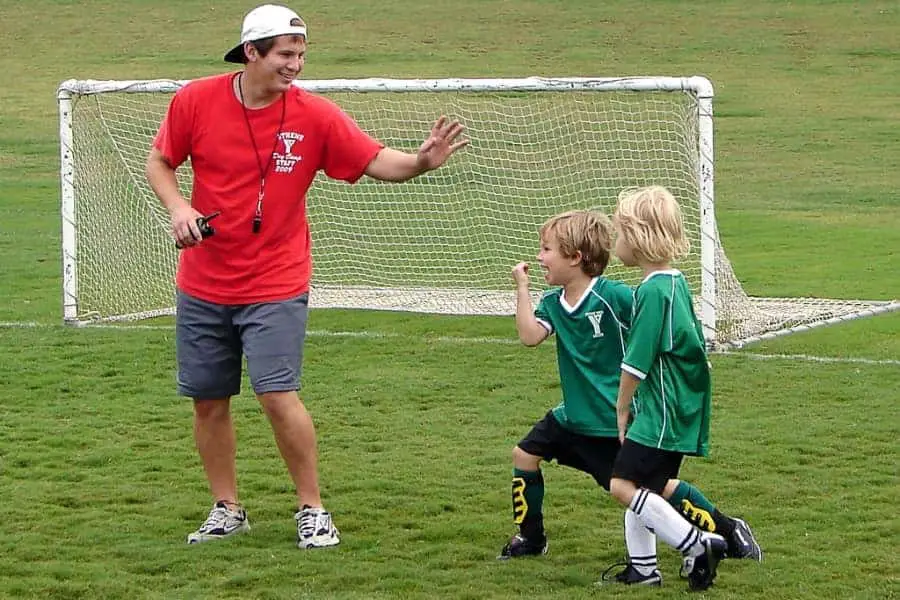
Listening Skills
The last category, effective communication is perhaps the hardest one to master. Effective listening requires the ability to actively listen to what the other person is saying and really hear and understand them.
When either person in a conversation is unable to truly understand what the other is saying, major misunderstandings can happen.
In order to avoid these major mishaps, effective coaches must learn to stop listening to respond and learn to listen to understand.
Listening to Respond
Most people have a tendency to listen to respond to what others are saying.
Instead of actually hearing what someone else says, our brains are busy worrying about what we are going to say next. This means that these people miss out on truly understanding the other person. As you can imagine, this can create a large gap in the ability to effectively communicate.
Listening to respond is not a great habit to have when communicating with athletes.

Listening to Understand
Listening to understand takes practice. It requires training your brain to actively listen to what someone else is saying and ignore the habit of thinking. However, if you are able to master this skill then you will be a master communicator. After all, half of our communication involves listening to and responding to others.
Speaking of responding, listening to understand does not mean that you stop responding to others. It simply means that you must wait to formulate your response until the other speaker has finished their thoughts.
After all, your response to them is not going to truly matter if you have never heard what they are saying in the first place!
Related: How Beginner Youth Sports Coaches Can Earn Player Respect
Summary: The Best Way Coaches Should Communicate With Athletes
Communicating with athletes is the cornerstone of good coaching.
There are a lot of important skills that go into being a good coach, but none of those other skills matter if a coach has not mastered being an effective communicator.
Effective communication takes time and practice, but the payoff is well worth the initial frustrations.
Cheers,
Daniel
